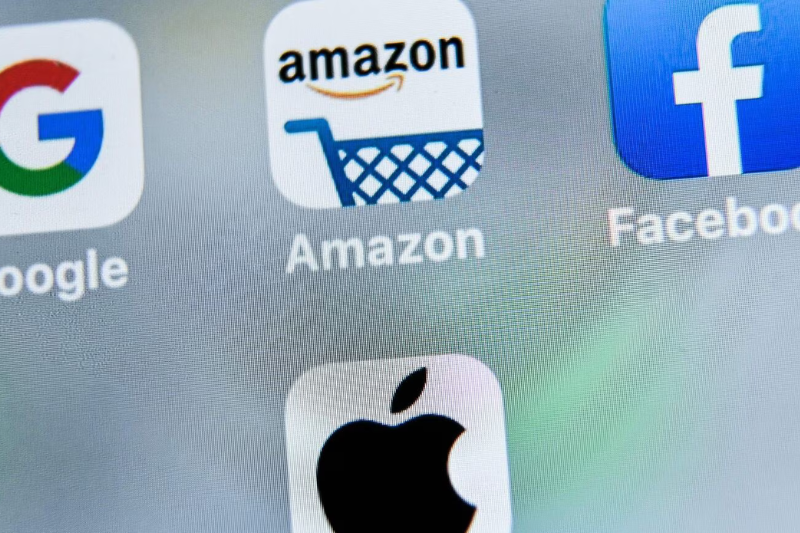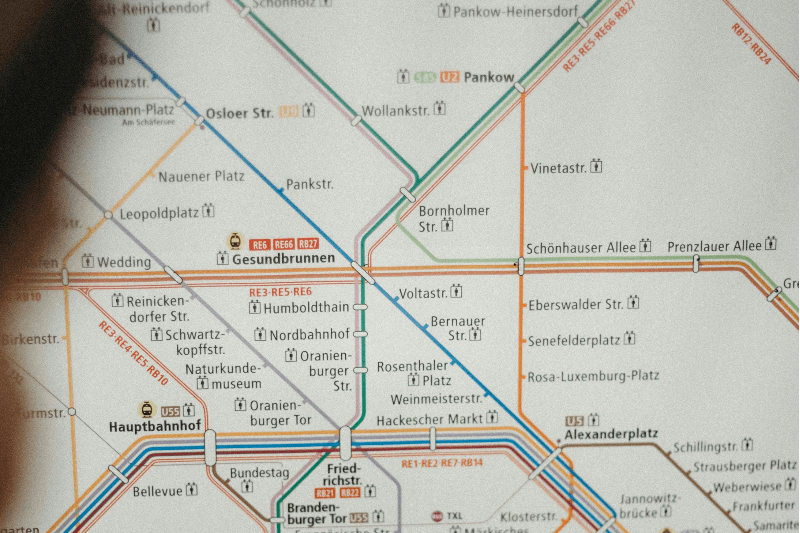
How Big Tech firms could be impacted under new EU tech rules
As part of its latest crackdown on Big Tech, the EU has selected 22 ‘gatekeeper’ services run by Alphabet, Meta, Microsoft, Amazon, Apple and TikTok owner ByteDance to face new regulations. The Digital Markets Act will impact services from six of the biggest tech firms in the world.
The DMA is designed to level the playing field between Big Tech companies and smaller competitors. It’s largely seen as a companion piece of legislation to the Digital Services Act (DSA), which imposes greater responsibility on firms for the content shared on their sites.
The six tech giants now have six months to comply with the requirements set by the DMA, which poses an unprecedented challenge to the companies’ business models. The Act seeks to improve access and compatibility of services in Europe.
Severe Penalties Over DMA Violations
Companies with a market capitalisation of $82 billion and more than 45 million monthly active users are considered gatekeepers. Businesses labelled as such must make their messaging apps work in harmony with rivals and let users decide which apps to pre-install on their devices.
While Meta’s Facebook, Instagram, WhatsApp and Marketplace qualified as gatekeepers, Alphabet’s Google has the highest number of services set to face tougher regulations, including its Android operating system, Maps and Search.
Firms that fail to comply with the new rules can be penalised up to 10% of their annual global turnover. Gatekeepers could ask for an interim measure to suspend the application of the rules but they would need to launch a legal case in the EU Court of Justice in Luxembourg to do that.
Keep Reading
How Different Firms Responded
The fresh set of regulations has drawn mixed reactions from the tech world. While Microsoft acknowledges its ‘gatekeeper’ designation, spokespersons for Meta, Amazon and Google said they were reviewing the designations. Apple and TikTok were relatively less welcoming.
While TikTok said it “fundamentally disagreed” with the decision and was considering its next steps, a spokesperson for Apple said the tech giant remained extremely “concerned about the privacy and data security risks the [Digital Markets Act] poses for our users.”
Meanwhile, the Commission said Microsoft’s Outlook, Alphabet’s Gmail and Samsung’s browser were exempted from the new regulations after the firms provided justified arguments showing their services do not qualify for the ‘gatekeeper’ designation.




